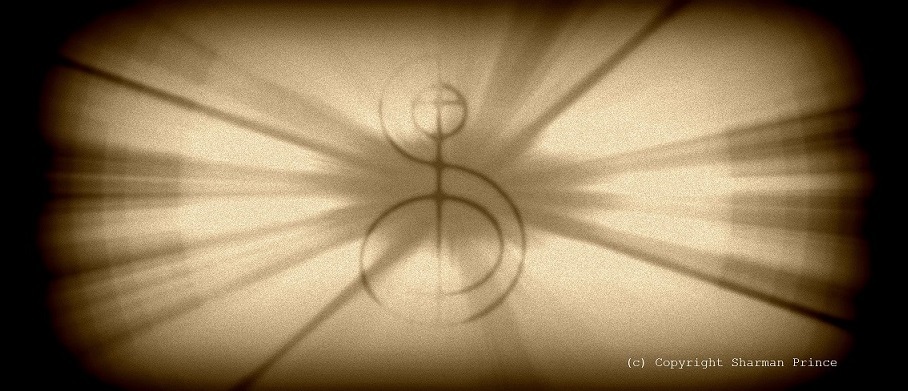I've been trying to fathom my feelings for this production ever since I saw. This is not necessarily a good thing.
What I have realised is that I have to separate my adoration for Stanislaw Lem's book and look at David Greig's adaptation on its own merits as a play.
Greig's writing is adept at focusing themes and motives though it's apparent that he became enamoured of his own take on Lem's ideas, transforming them into more palatable - though inherently mundane -tropes which have been used over and again in science fiction. Greig crams a number of conceits in that aren't always consistent and bloat the play with concepts: some are subtle and some are hammered home (iterations of "that's what it is to be human" are oft repeated by the cast).
It's also apparent that despite claiming to be based on the novel Greig takes several cues, plot points and ideas from previous incarnations of "Solaris" and even borrows concepts form other sci-fi (such as the conclusion of Michael Crichton's 'Sphere'). It is also clear that Greig used the poor Polish-French-English translation which itself loses much of the nuance and detail that the more recent, Lem-estate authorised translation attempts to restore. The names alone are an indicator: Snaut becomes Snow, Harey becomes Rheya then Ray in this play.
Greig's best work is where he does a brilliant job of condensing some of the longer exposition into short, credible dialogue and one wishes he had done more of this throughout with the original plot elements. Unfortunately Greig also creates an internal logic which lacks consistency at times and is ignored to promote Greig's concepts.
Direction by Matthew Lutton is clean and clear though the conceptual design by Hyemi Shin can seem a little obvious - it's more Star Trek perfection than Lem's used reality (which Star Wars went on to utilise). It's also unfortunate that both director and writer have chosen not to show the planet at all (discounting the CG 'water' that is sometimes projected during scene-changes) though Greig does, at least, mentions the planetary formations (if not their names) echoing the treatment of the planet itself much like the previous cinematic takes.
Act One becomes a little wearisome, for some reason, three-quarters of the way through but does pick up before the act's end whilst Act 2 meanders further away from Lem, becoming bogged down with Greig's ideas on water and the nature of humanity.
The performances are, given the material, solid and true. The choice to flip some of the characters' genders is not an issue except that Kelvin (now a woman - portrayed here by Polly Frame) becomes more emotional than originally written, which has the effect of seeming to revert to a gender-stereotype which is unfortunate. Another gender-flipped role, Ray (Keegan Joyce) is rewritten to be a stand out performance and is executed as such though the balance between the two lovers has shifted to no positive effect.
As an adaptation of the novel it's no more faithful than the big-screen versions and bizarrely, though it is inevitably difficult to avoid the Kelvin/Harey relationship, the relationship is staged more intensely (and sexually) thus falling into the same obvious plot lines. In ignoring some of the history of Solaris (which the 1972 film addresses), as well as the plasmic ocean itself, the play inevitably loses the pervading air of cosmic mystery that pervades the novel.
Perhaps the biggest sin - as an adaptation - is the efforts Greig makes to make the alien elements a little more malleable to human experience which goes against Lem's initial concept in the novel.
All told, Solaris - as adapted by David Grieg - is a perfectly fine theatrical production which makes an effort to bring science fiction into mainstream theatre though it fails to be any more faithful to the source material than any other previous adaptation.
Perhaps the biggest sin - as an adaptation - is the efforts Greig makes to make the alien elements a little more malleable to human experience which goes against Lem's initial concept in the novel.
All told, Solaris - as adapted by David Grieg - is a perfectly fine theatrical production which makes an effort to bring science fiction into mainstream theatre though it fails to be any more faithful to the source material than any other previous adaptation.











